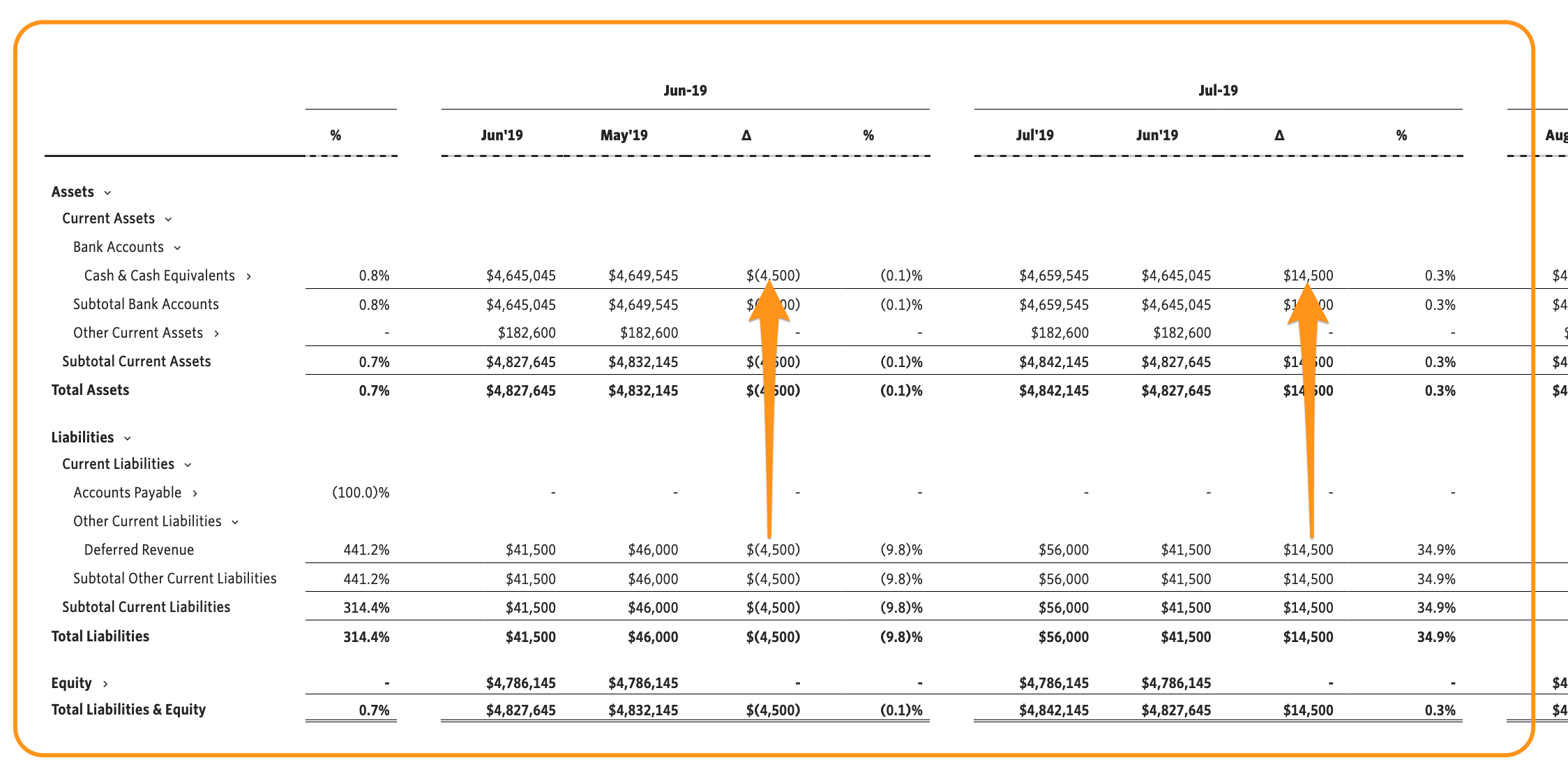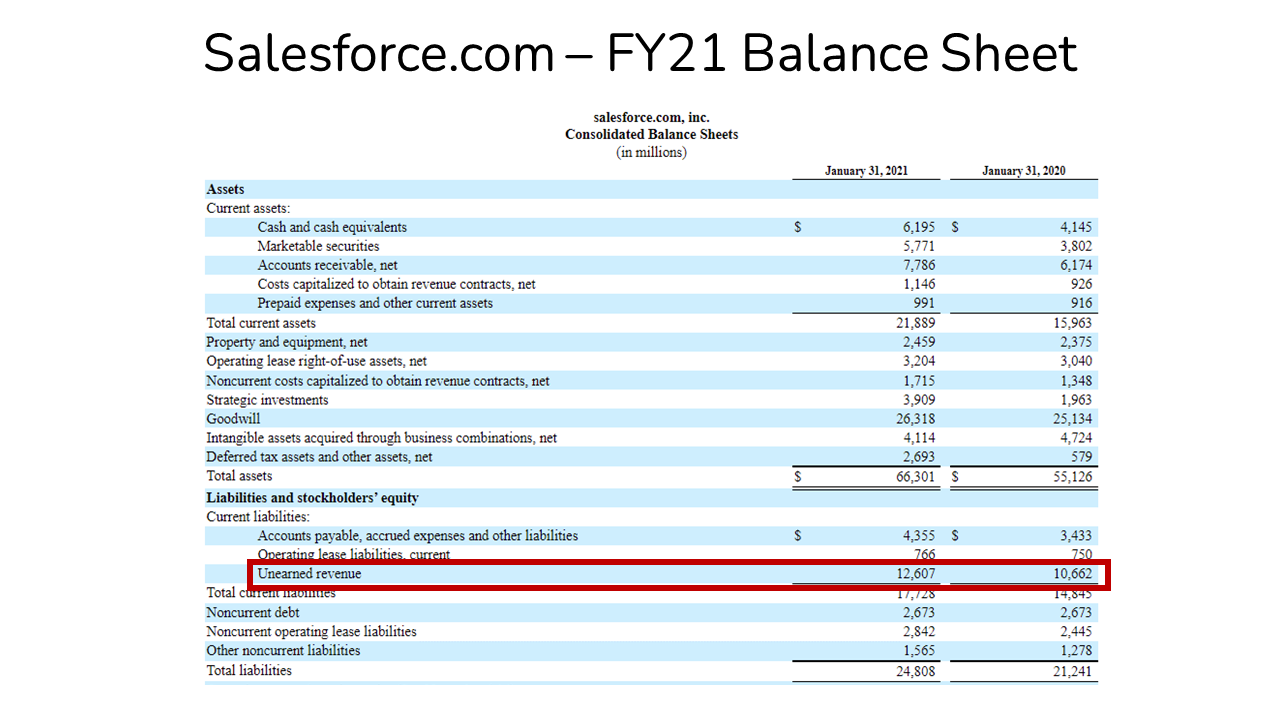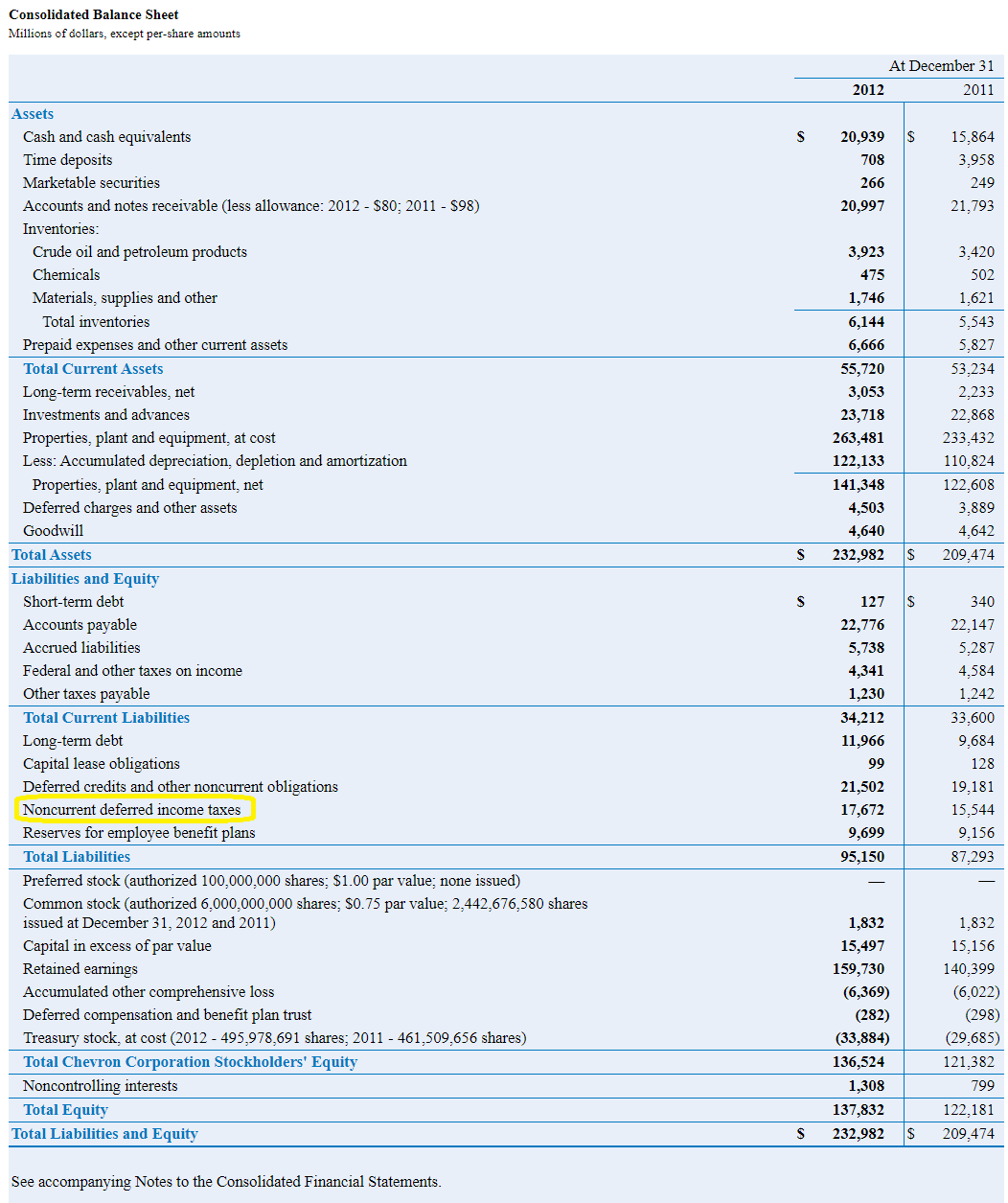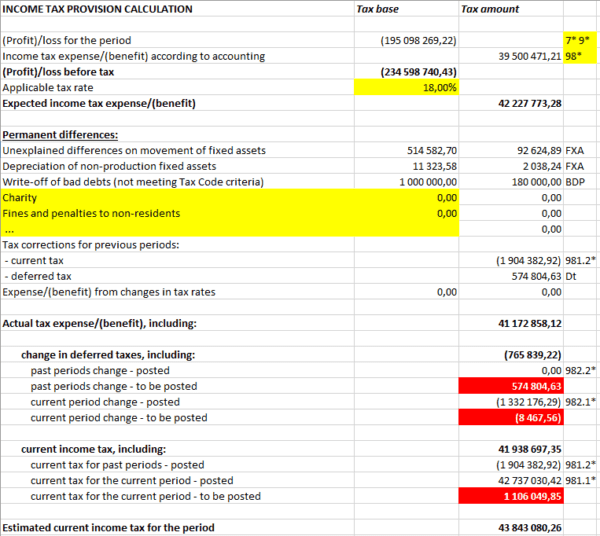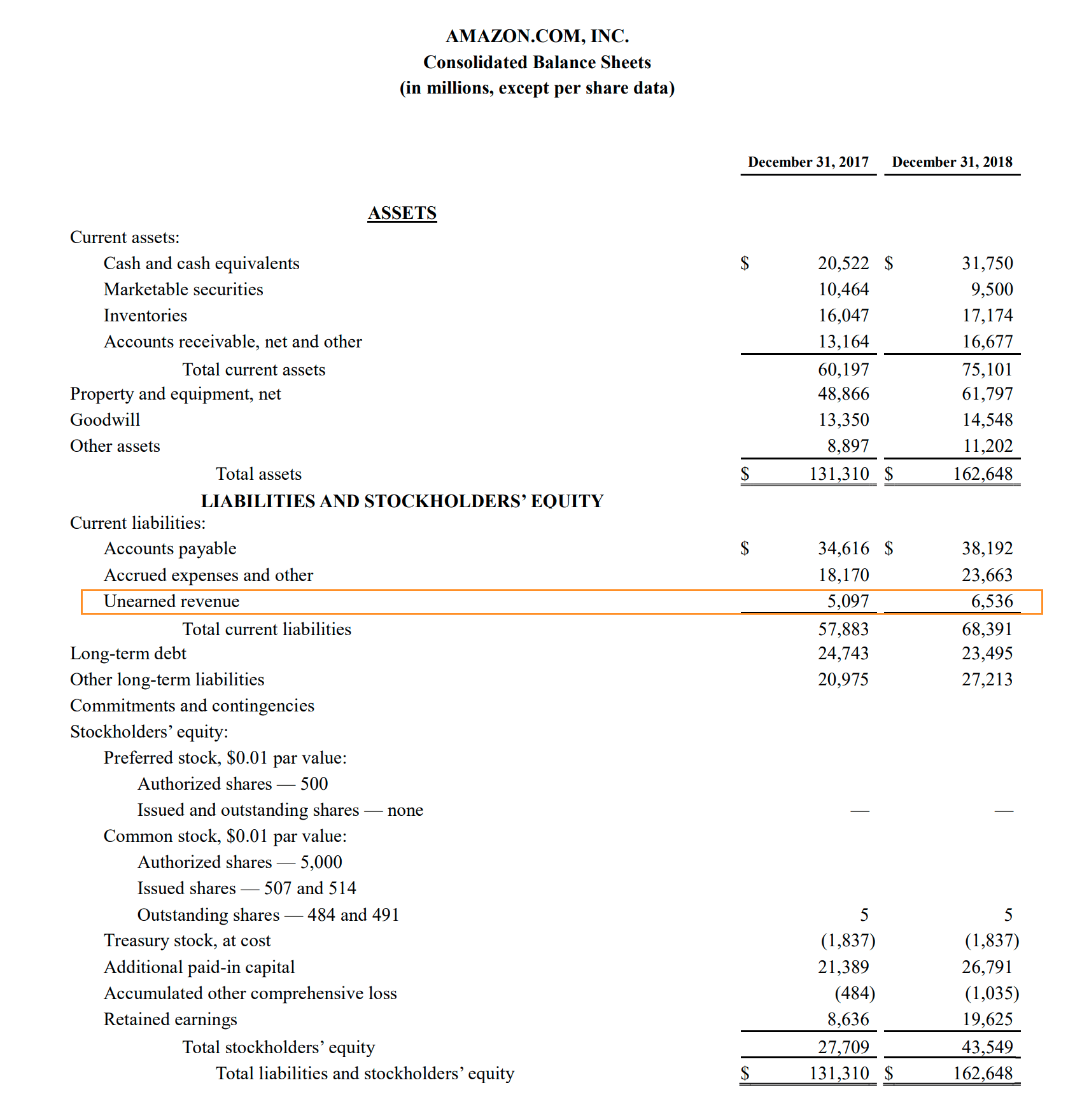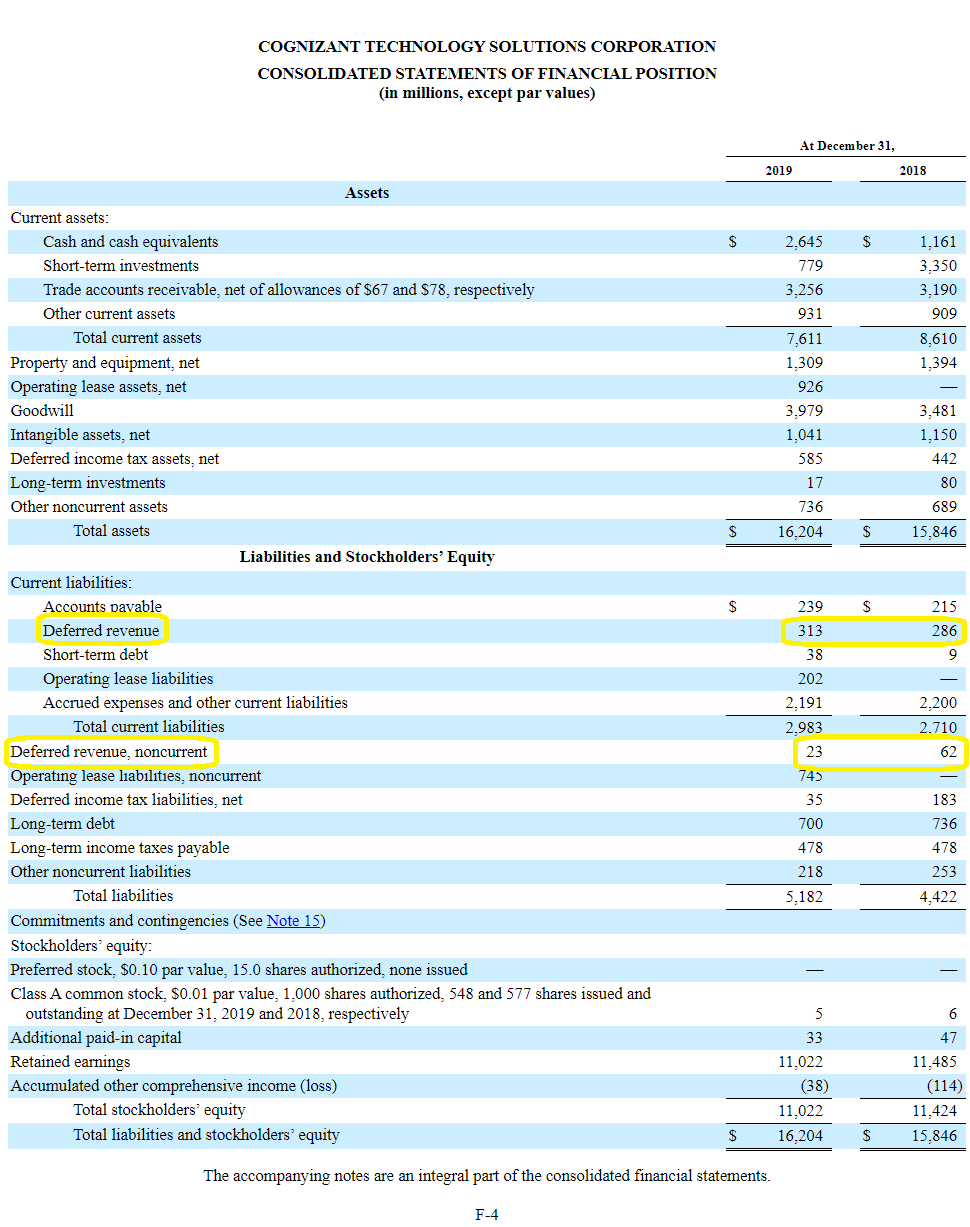Deferred Income In Balance Sheet - Deferred revenue, often perceived as a complex topic in financial accounting, plays a critical role in accurate revenue recognition and balance sheet management. Deferred revenue (also called unearned revenue) is generated when a company receives payment for goods and/or services that have not been delivered or completed. Deferred revenue is a payment a company receives in advance for products or services it has not yet delivered. Also called unearned revenue, it appears as a liability on a. In this article, we’ll explore what deferred income is, how it lands on the balance sheet, and why it’s a bigger deal than it might seem. In simpler terms, a deferred revenue journal entry represents income that the company has received but has not yet recognized as revenue on its income statement. With a fresh angle, a clear example, and.
In simpler terms, a deferred revenue journal entry represents income that the company has received but has not yet recognized as revenue on its income statement. Also called unearned revenue, it appears as a liability on a. With a fresh angle, a clear example, and. Deferred revenue (also called unearned revenue) is generated when a company receives payment for goods and/or services that have not been delivered or completed. Deferred revenue, often perceived as a complex topic in financial accounting, plays a critical role in accurate revenue recognition and balance sheet management. Deferred revenue is a payment a company receives in advance for products or services it has not yet delivered. In this article, we’ll explore what deferred income is, how it lands on the balance sheet, and why it’s a bigger deal than it might seem.
In this article, we’ll explore what deferred income is, how it lands on the balance sheet, and why it’s a bigger deal than it might seem. Deferred revenue (also called unearned revenue) is generated when a company receives payment for goods and/or services that have not been delivered or completed. With a fresh angle, a clear example, and. Also called unearned revenue, it appears as a liability on a. Deferred revenue is a payment a company receives in advance for products or services it has not yet delivered. Deferred revenue, often perceived as a complex topic in financial accounting, plays a critical role in accurate revenue recognition and balance sheet management. In simpler terms, a deferred revenue journal entry represents income that the company has received but has not yet recognized as revenue on its income statement.
Simple Deferred Revenue with Jirav Pro
In simpler terms, a deferred revenue journal entry represents income that the company has received but has not yet recognized as revenue on its income statement. Deferred revenue is a payment a company receives in advance for products or services it has not yet delivered. Deferred revenue, often perceived as a complex topic in financial accounting, plays a critical role.
What is Deferred Revenue? The Ultimate Guide (2022)
In this article, we’ll explore what deferred income is, how it lands on the balance sheet, and why it’s a bigger deal than it might seem. Deferred revenue (also called unearned revenue) is generated when a company receives payment for goods and/or services that have not been delivered or completed. Deferred revenue is a payment a company receives in advance.
What Is Deferred Revenue? Complete Guide Pareto Labs
In this article, we’ll explore what deferred income is, how it lands on the balance sheet, and why it’s a bigger deal than it might seem. Deferred revenue is a payment a company receives in advance for products or services it has not yet delivered. With a fresh angle, a clear example, and. Also called unearned revenue, it appears as.
Impressive Deferred Tax In P&l What Are The Operating Expenses
Deferred revenue, often perceived as a complex topic in financial accounting, plays a critical role in accurate revenue recognition and balance sheet management. In simpler terms, a deferred revenue journal entry represents income that the company has received but has not yet recognized as revenue on its income statement. With a fresh angle, a clear example, and. Deferred revenue (also.
Deferred Tax Liabilities Explained (with RealLife Example in a
Also called unearned revenue, it appears as a liability on a. Deferred revenue, often perceived as a complex topic in financial accounting, plays a critical role in accurate revenue recognition and balance sheet management. Deferred revenue is a payment a company receives in advance for products or services it has not yet delivered. In simpler terms, a deferred revenue journal.
Current and deferred tax review and internal control methodology
Also called unearned revenue, it appears as a liability on a. Deferred revenue (also called unearned revenue) is generated when a company receives payment for goods and/or services that have not been delivered or completed. In simpler terms, a deferred revenue journal entry represents income that the company has received but has not yet recognized as revenue on its income.
41 Balance Sheet Deferred Tax Expense
Deferred revenue, often perceived as a complex topic in financial accounting, plays a critical role in accurate revenue recognition and balance sheet management. With a fresh angle, a clear example, and. Also called unearned revenue, it appears as a liability on a. In this article, we’ll explore what deferred income is, how it lands on the balance sheet, and why.
Deferred Tax Liabilities Explained (with RealLife Example in a
Deferred revenue is a payment a company receives in advance for products or services it has not yet delivered. With a fresh angle, a clear example, and. In this article, we’ll explore what deferred income is, how it lands on the balance sheet, and why it’s a bigger deal than it might seem. Deferred revenue, often perceived as a complex.
Deferred Revenue Accounting, Definition, Example
In simpler terms, a deferred revenue journal entry represents income that the company has received but has not yet recognized as revenue on its income statement. With a fresh angle, a clear example, and. Deferred revenue (also called unearned revenue) is generated when a company receives payment for goods and/or services that have not been delivered or completed. Deferred revenue,.
Deferred Revenue Debit or Credit and its Flow Through the Financials
Deferred revenue (also called unearned revenue) is generated when a company receives payment for goods and/or services that have not been delivered or completed. Deferred revenue, often perceived as a complex topic in financial accounting, plays a critical role in accurate revenue recognition and balance sheet management. With a fresh angle, a clear example, and. In simpler terms, a deferred.
In This Article, We’ll Explore What Deferred Income Is, How It Lands On The Balance Sheet, And Why It’s A Bigger Deal Than It Might Seem.
Deferred revenue, often perceived as a complex topic in financial accounting, plays a critical role in accurate revenue recognition and balance sheet management. In simpler terms, a deferred revenue journal entry represents income that the company has received but has not yet recognized as revenue on its income statement. Also called unearned revenue, it appears as a liability on a. Deferred revenue is a payment a company receives in advance for products or services it has not yet delivered.
Deferred Revenue (Also Called Unearned Revenue) Is Generated When A Company Receives Payment For Goods And/Or Services That Have Not Been Delivered Or Completed.
With a fresh angle, a clear example, and.
